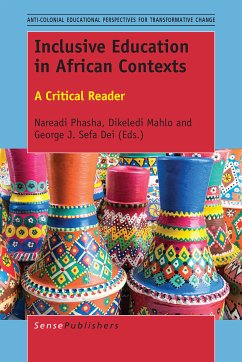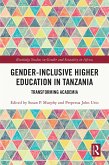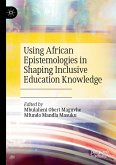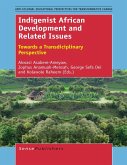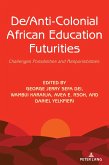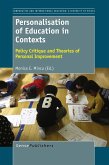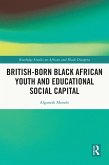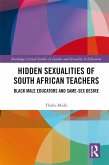How do we articulate the possibilities, limitations and challenges of inclusive schooling and education in African contexts? This book insists that inclusive education cannot be taken for granted. Inclusion is neither a natural nor a given educational practice. It must be struggled for. Bringing a critical perspective to inclusive schooling and education is imperative. This book adds to current educational debates with an African lens. It engages inclusive education from multiple lenses of curriculum content, classroom pedagogy and instruction, representation, culture, environment and the socio-organization life of schools, the pursuit of equity and social justice and the search for educational relevance. It is opined that Africa cannot be left behind in rethinking educational inclusion in ways that evoke critical questions of power, equity and social difference. The question of leaner's identity in terms of class, gender, sexuality, (dis)ability, language, ethnicity and race are equally consequential for African schooling and education. When inclusion is understood as wholeness of education, then how schooling and education engage the complete learner - her/his body, mind, soul and spirit, as well as the use of local community and Indigenous knowledges in teaching and learning become relevant. Inclusion stands the risk of liberal educational agendas that simply tinker or toy with schooling and education and hardly embrace the challenge of educational change. What we need is a fundamental structural change that ensures schooling and education embraces difference while grappling with the teaching of Indigeneity, decolonization and resistance.
Dieser Download kann aus rechtlichen Gründen nur mit Rechnungsadresse in A, B, BG, CY, CZ, D, DK, EW, E, FIN, F, GR, HR, H, IRL, I, LT, L, LR, M, NL, PL, P, R, S, SLO, SK ausgeliefert werden.
Hinweis: Dieser Artikel kann nur an eine deutsche Lieferadresse ausgeliefert werden.

